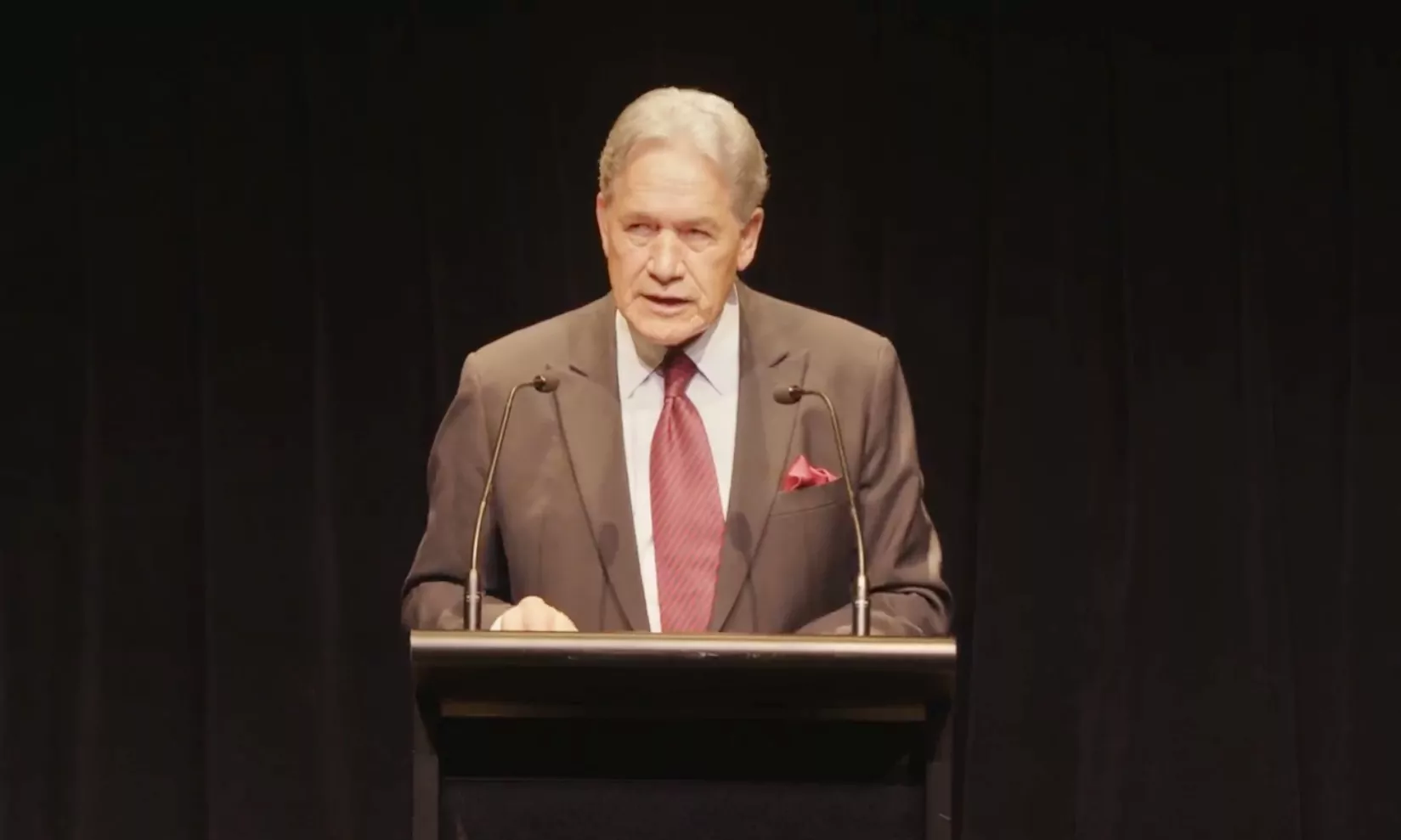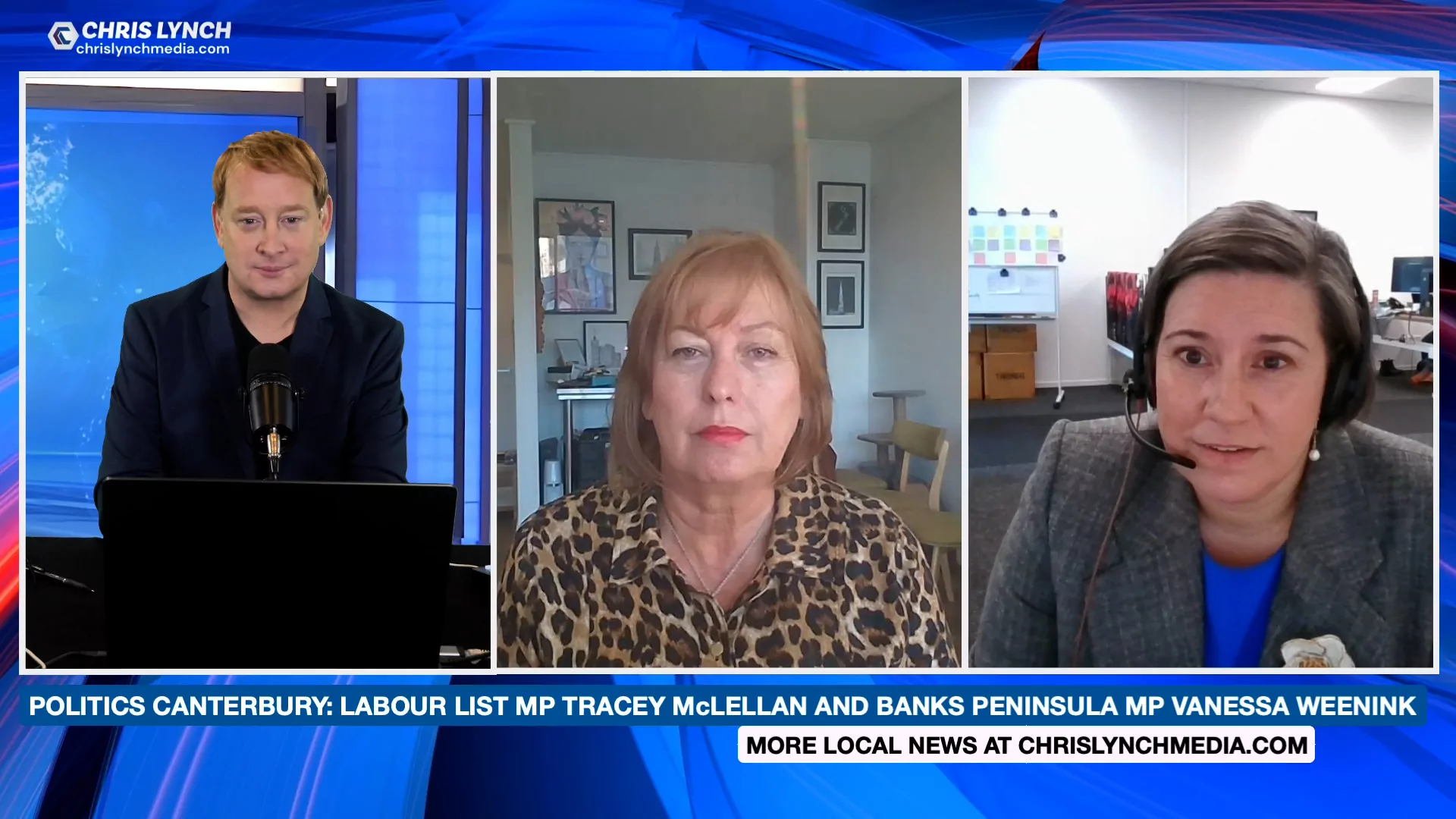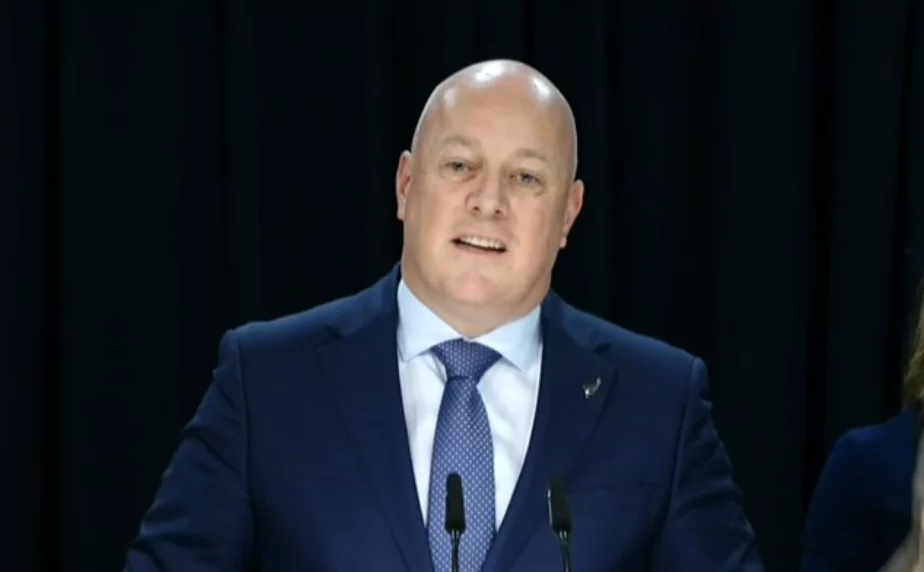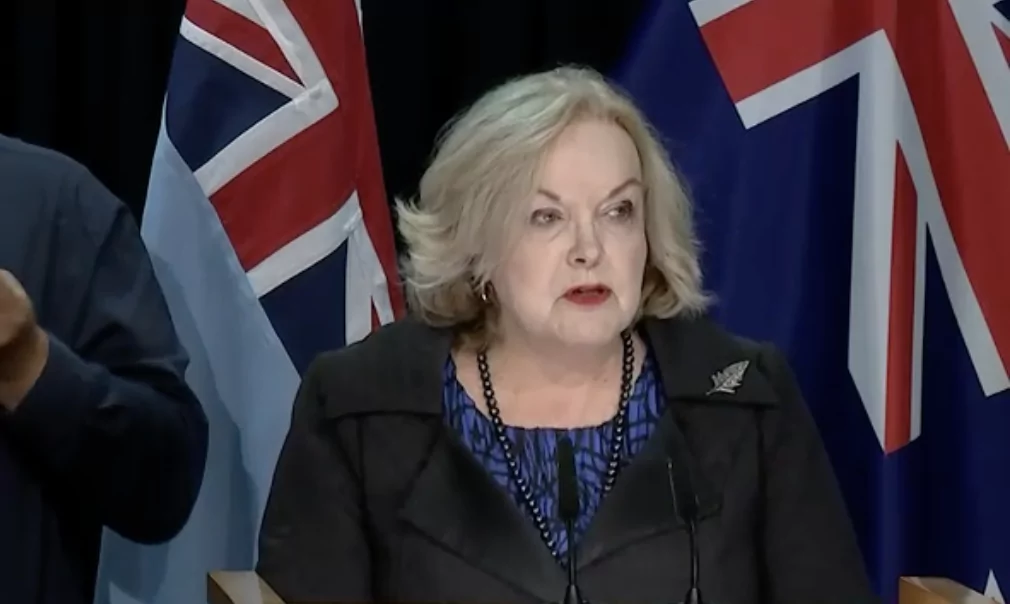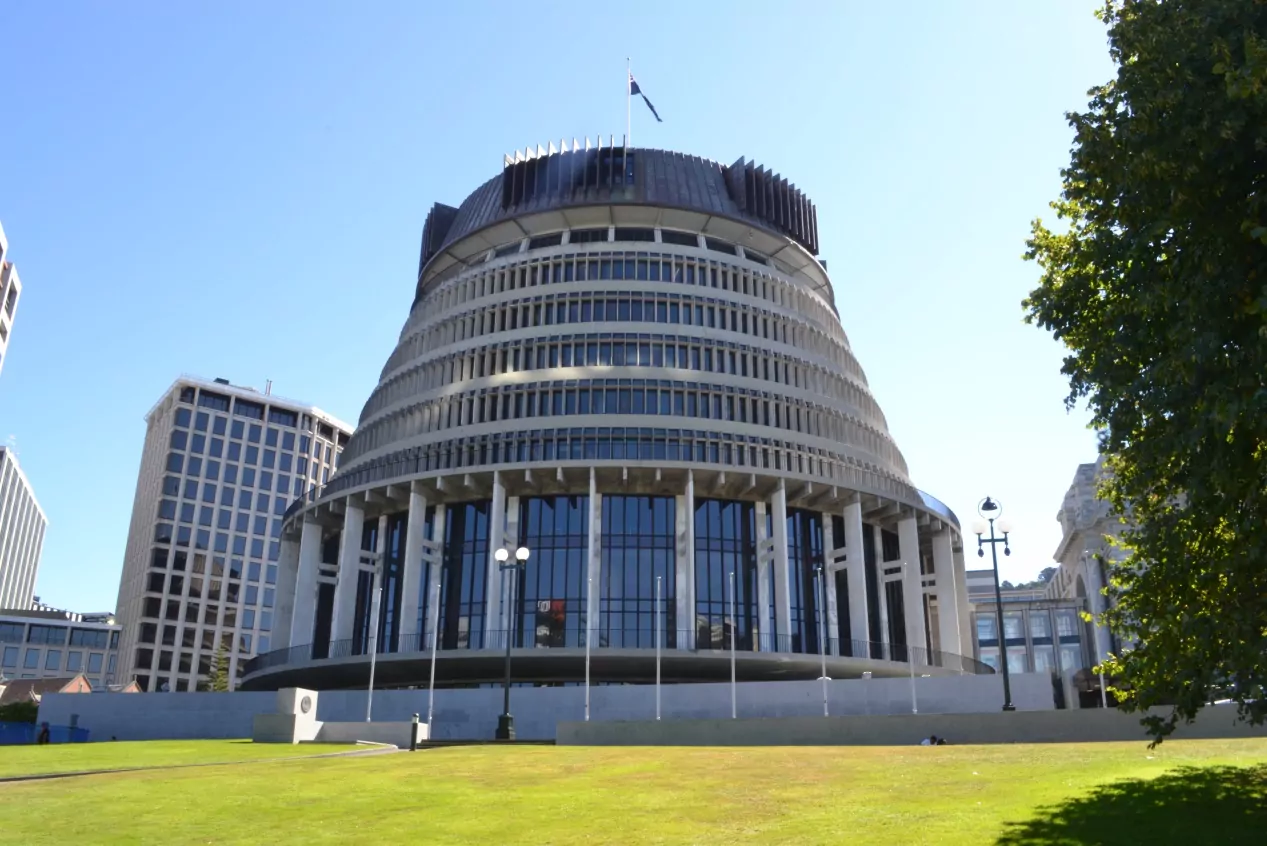Area school teachers have voted to accept the latest Ministry of Education collective agreement offer.
The offer followed prolonged campaigning by area school teacher members, including participation in the largest education strike in New Zealand history and joint-union bargaining throughout 2023.
PPTA Acting President Chris Abercrombie said the new Area School Teachers’ Collective Agreement, negotiated by both NZEI and PPTA is based largely on the recent settlement of the secondary teachers’ collective agreement.
“This agreement is the last one to be settled in the school sector and I’m pleased that all of our members can focus now on teaching and learning in a settled environment
As well as a 14.5 percent increase to the top of the basic salary scale over three years and lump sum payments of up to $7,210, other benefits of the new area school collective agreement include: better sick leave entitlements, a cultural leadership allowance for every area school, increases to the Māori immersion teacher allowance, better pay rates for day relievers and payment of certification fees for beginning teachers.
Lagi Leilua and Kaareen Hotereni, negotiators for the NZEI Area School Teachers Collective Agreement said “the increase to the Māori Immersion Teaching Allowance and the introduction of a Pasifika Bilingual Immersion Teaching Allowance are significant wins, and recognise the unique skills and expertise of kaiako and their cultural knowledge.
“Paying teachers fairly for their skills and knowledge will have a flow-on effect of attracting more Māori and Pasifika teachers into the sector.
“Having cultural representation at teacher level means tamariki will experience an education journey which reflects their own language and culture.
“Another big win is the increase in non-contact time which will more than double for some teachers. Work demands on teachers were unsustainable and we’re pleased to see the Ministry recognise the positive effects this will have on tamariki. This gives teachers more time to plan, assess and give individual attention to students.”
Chris Abercrombie said the introduction of ‘pastoral care time allowances’ recognised and valued teachers with specific skills and responsibilities, such as counselling and cultural leadership, which weren’t accounted for in their time before.

